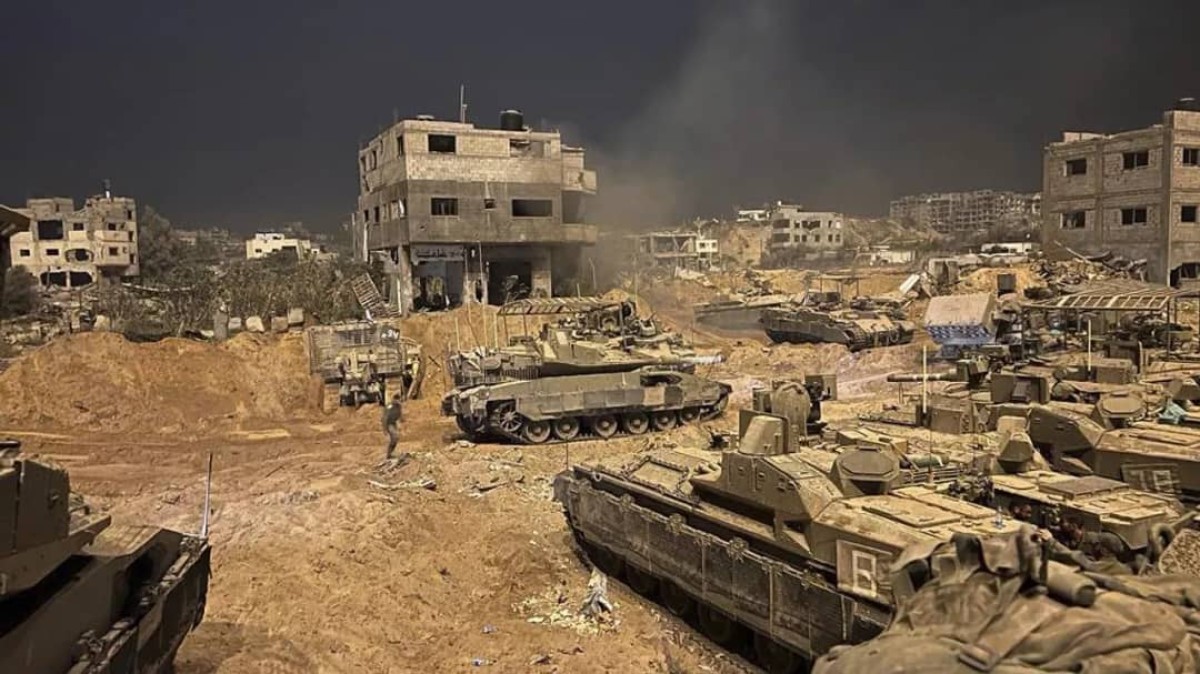Report: Hamas demands that Israel withdraw from the Philadelphia axis as a condition for continuing negotiations


Israeli media reported, on Wednesday, that Hamas demanded the withdrawal of the Israeli army from the Philadelphia axis as a condition for continuing negotiations.
The Israeli Broadcasting Corporation reported, this evening, Wednesday, that the Hamas movement had sent to the mediators that it would not move forward with the ongoing negotiations on completing the prisoner and hostage exchange deal with Tel Aviv without guarantees that the Israeli army would withdraw from the Philadelphia axis in the southern Gaza Strip.
The channel explained on its website that Hamas’s demand is unlikely to be accepted by Israel.
Earlier today, an Israeli security official stated that Hamas insists on the existence of a clause preventing Tel Aviv from returning to fighting after the implementation of the first phase of the prisoner and hostage exchange deal between the two parties.
The Israeli newspaper "Maariv" quoted a senior security official as saying that the Hamas movement is still insisting on a clause in the potential deal with Israel to prevent Tel Aviv from returning to fighting in the Gaza Strip after the first phase of the deal.
The official, whose name or surname the newspaper did not mention, explained that this clause is not permitted by Israel and will not be approved by him, adding that there are other loopholes in the terms of the deal that have not yet been closed, indicating that the Israeli army will continue military pressure on the Gaza Strip in order to work On the release of Israeli detainees held by Hamas in the Gaza Strip.
Earlier today, Wednesday, the commanders of the four Israeli military divisions in the Gaza Strip said that allegations of a lack of tangible achievements in Gaza are harming the war effort, but fatigue is beginning to appear on the soldiers.
The Israeli Broadcasting Corporation reported that the four commanders met with Netanyahu at the beginning of this week, and stressed to him the need to take into account that a state of fatigue had begun to appear on the soldiers after 9 months of war.
All areas of the Gaza Strip are suffering from a major water and food crisis, as a result of the Israeli army’s destruction of infrastructure, lines and water desalination plants, while the United Nations has warned of the repercussions of the hunger crisis that the people of Gaza are facing as the war between Hamas and Israel continues.
Since the outbreak of the devastating war on the Gaza Strip, on October 7, the Israeli army has tightened its siege on the Gaza Strip, cutting off supplies of water, food, medicine, electricity, and fuel to the Strip’s population of about 2.3 million Palestinians, who are already suffering from extremely deteriorating conditions.